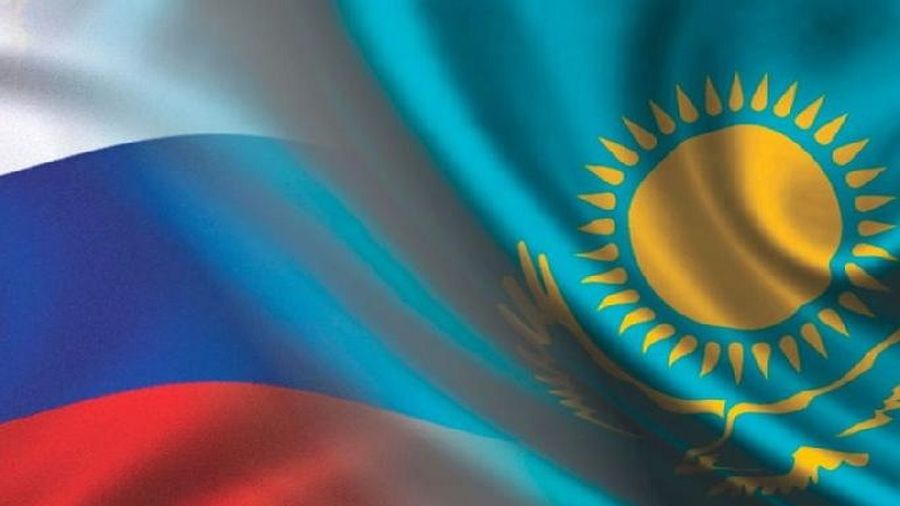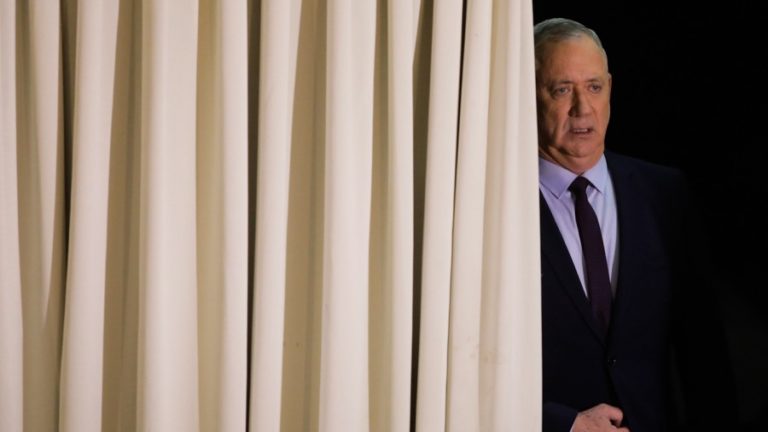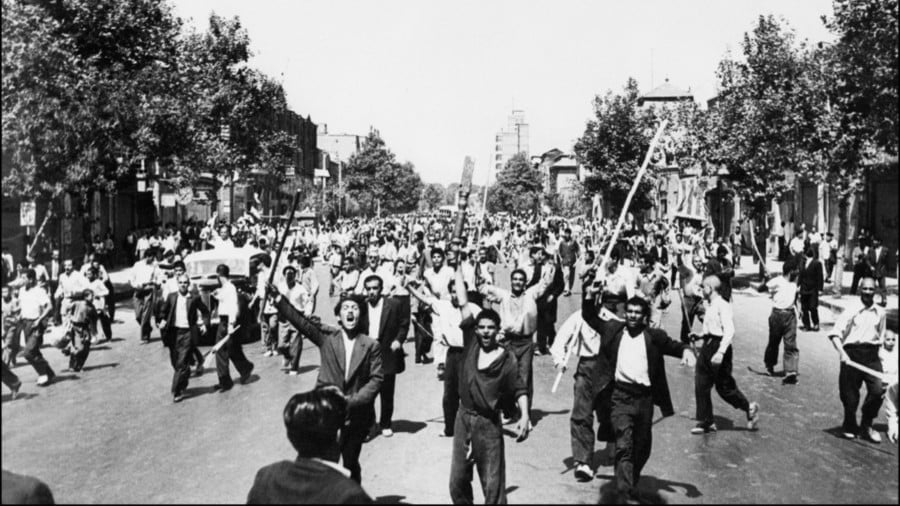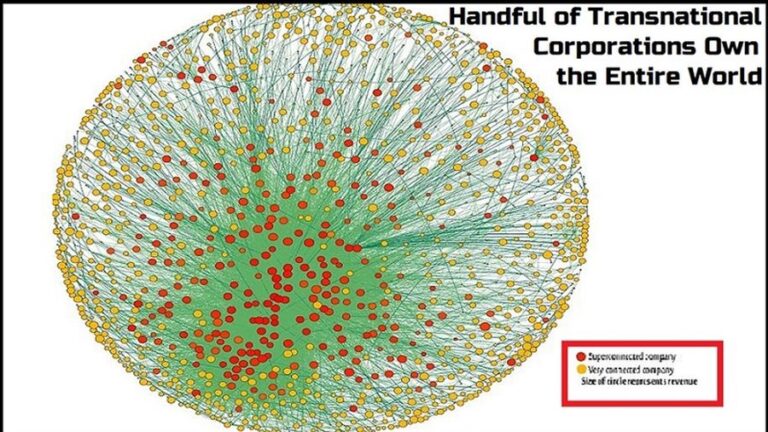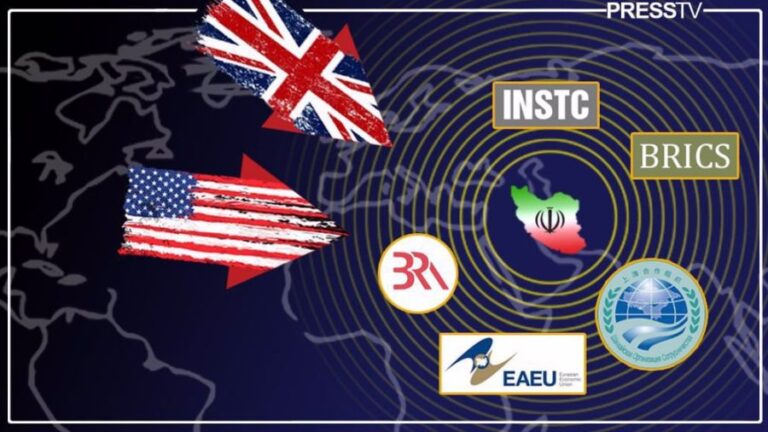The Hybrid War on Kazakhstan Had An Impact on the Russian Psyche
This provocation was a shock for all observers in that country who’d hitherto assumed that Kazakhstan was the unbreakable buffer state along their so-called “soft underbelly” with Central Asia. That perception has now been shattered, along with several others that this piece will briefly touch upon.
The Hybrid War on Kazakhstan, which might have been ordered by the US’ subversive anti-Russian “deep state” faction in a desperate bid to derail next week’s talks with Russia, had an impact on the Russian psyche. This provocation was a shock for all observers in that country who’d hitherto assumed that Kazakhstan was the unbreakable buffer state along their so-called “soft underbelly” with Central Asia. That perception has now been shattered, along with several others that this piece will briefly touch upon.
For starters, Russians now realize that Hybrid Wars of Terror can break out anywhere at any time, even in the seemingly most stable of states surrounding their country. Kazakhstan was thought to be an exception to the presumed rule that the former Soviet Union’s Central Asian Republics are all inherently unstable. That country was a success story for the most part since the end of the Old Cold War, having achieved impressive living standards for the bulk of its people as a result of its leadership’s economic diversification strategy.
Be that as it may, its success was clearly imperfect in hindsight since trouble had been brewing below the surface for quite a while already as was evidenced by the latest unrest. This segues into the second psychological point that even the most superficially stable former Soviet societies can clandestinely be destabilized through the prolonged embedding of extensive influence networks within them. Kazakhstan was infiltrated by US-led Western “NGOs” over the past three decades, something that had also happened to Russia until the authorities promulgated and implemented their foreign agent legislation.
Whereas Moscow successfully exposed these networks and therefore politically neutralized their destabilization potential, Nur-Sultan still struggled with this since part of its international appeal is that it’s a comparatively “open” society surrounded by what its many new Western partners consider to be “closed” ones. Kazakhstan could therefore only go so far in exposing these same networks, which explains why it largely failed to neutralize them while Russia stunningly succeeded over the past few years. Its leadership evidently feared being tarred and feathered in the Western media like Russia’s was.
The third psychological impact that the Hybrid War on Kazakhstan had on the Russian psyche is that it unexpectedly happened during the ongoing New Year’s holidays from 1-10 January. This is a time when the entire country is relaxing with family and friends. Even most Russian officials are off duty in order to celebrate this festive season with their loved ones. This means that the latest provocation completely caught them off guard. The average Russian expected to enjoy this special time only to see the horrors rapidly unfolding before their eyes in this fraternal neighboring nation in which many Russians also live.
This leads to the fourth psychological consequence of them fearing for their ethnic compatriots’ safety after ultra-nationalist terrorist forces completely destabilized Kazakhstan. There’s serious concern that ethnic Russians could have been the victims of controllable pogroms had the Russian-led CSTO not agreed to Kazakhstan’s urgent request for a limited peacekeeping mission there. Those fears are thankfully assuaged after the bloc’s decisive choice to intervene in support of reestablishing law and order there, but most Russians were still very scared in the chaotic day prior to that decision.
And finally, the last psychological impact is an unintended one but arguably the most powerful and it’s that Russians now have a deeper appreciation for their government’s proactive efforts to thwart these threats before they ever materialize in their homeland. The country’s foreign agent legislation and its media’s incisive research into US-led Western influence networks inside Russia politically neutralized the subversive forces that waged this week’s Hybrid War of Terror on Kazakhstan. This conclusion will further bolster the state’s credibility in the eyes of its people and lead to more support for its policies.

